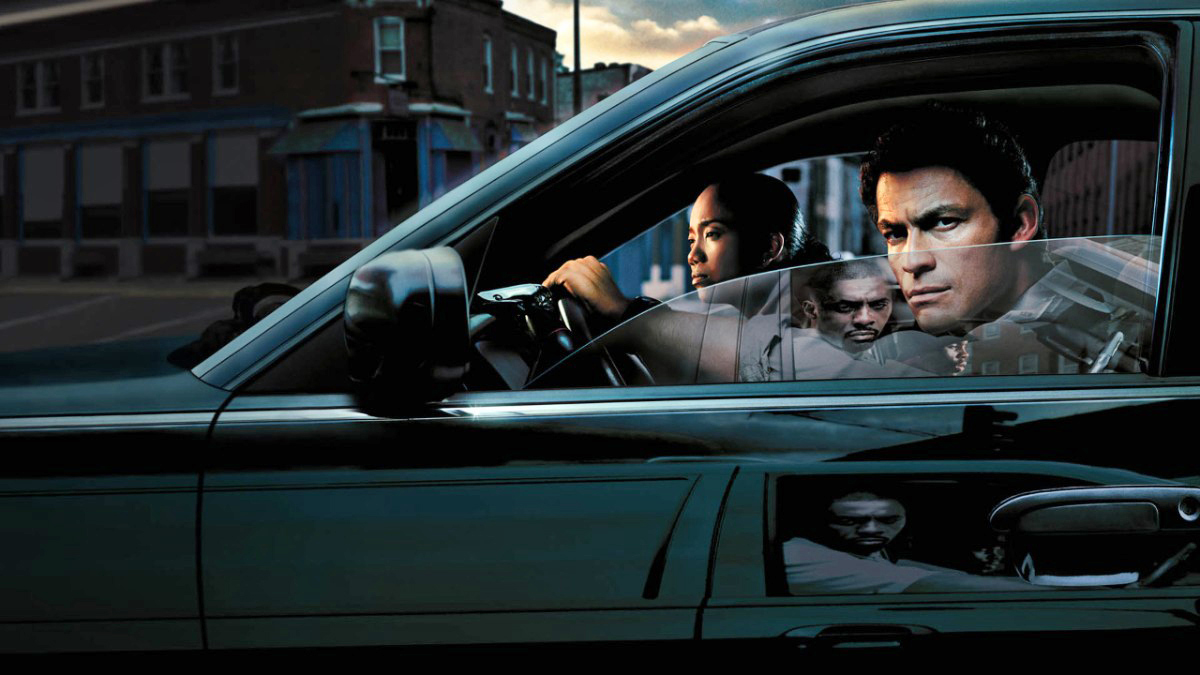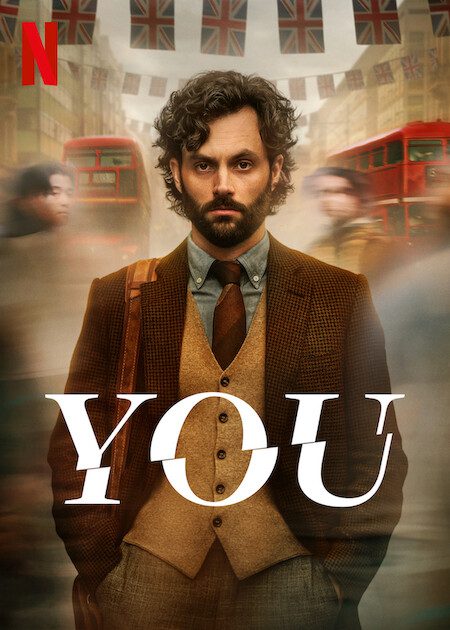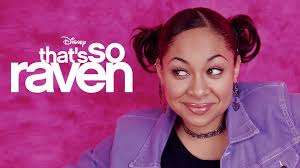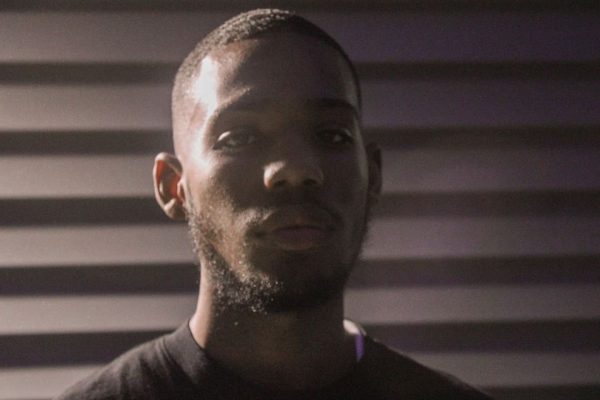“The Wire” was an HBO Television show I encountered during the pandemic. After one episode, I enjoyed the series for the unbelievable writing and the overall aspect of the show. The show represented Baltimore. It was about everything. Whether it was detectives, criminals, drug dealers, politicians, or more. The show represented the critical state Baltimore was in. I want to break down and explain the best moments showcased how great the show was.
Honorable Mentions:
“Prez” becomes a teacher
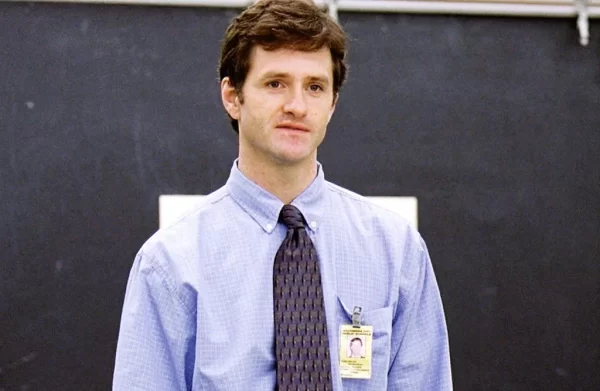
After accidentally shooting a cop in season 3. Prez’s character development needs to be studied. He was known as a corrupt cop who always went out of line every chance he got. From pistol-whipping a kid to shooting the cop was the final straw being a cop. Yet in season 4, when Prez became a teacher for the new cast of Michael, Randy, Dukie, and Namond, you sense a change in his character. That was one thing season 4 was perfect at. He gave characters you did not see as much in earlier seasons more screen time. It allowed the audience to give Prez a second chance at redeeming himself. He cared for those kids, especially Randy, when he revealed to the principal that he witnessed a murder. He wanted to protect Randy from his name being bashed. He bought Dukie new clothes and kept him on track when he found out his parents had a substance use disorder. He kept things mutual for them. But most importantly, it gave Prez a redemption arc.
Michael Kills Snoop

Season 5 showed the audience that Michael was the leader the whole time. Everybody working for Marlo was pawned doing anything Marlo asked. Michael, working for them, started to question Marlo’s authority. When being sent to kill a family, Michael held back after seeing kids running away and the family. You began to understand that Michael was good at being a leader instead of being a pawn on a chessboard. The bad thing about Michael questioning Marlo’s authority was that Michael was not wrong. The decisions Marlo was making did not make sense. When Marlo and his crew were locked up after the famous “My name is my name.” speech, Marlo made the order to have Michael killed due to evidence catching up to Chris for killing his stepfather. Michael never snitched, but Marlo was so paranoid by Omar that he made rational decisions. He couldn’t trust anyone, and since Snoop wasn’t locked up, she was ordered to kill Michael. A plan that backfired when Snoop told Michael not to bring his gun. Michael caught on when Snoop drove him and outsmarted her, faking using the bathroom to pull out his gun. Snoop’s “You were never one of us.” did not seem like an insult to Michael because he was not a pawn
10. Bodie and Mcnulty’s Talk
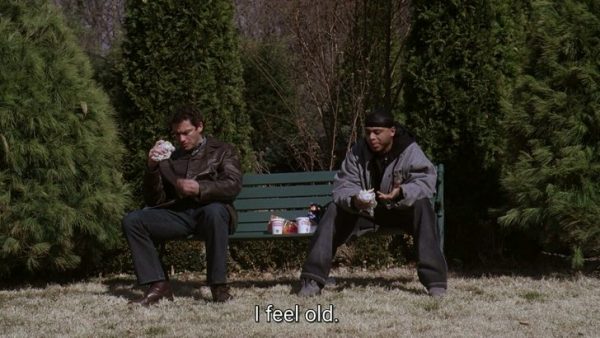
Throughout the series, you sense a bond between drug dealer Bodie and Detective McNulty. Season 4 was the first season, and it did not focus more on McNulty but on other characters that were not seen as much in the earlier seasons. But season 4 did highlight little by little on Bodie’s corner crumbling. With Avon locked up and Stringer Bell dead, Bodie had no choice but to work under Baltimore’s newest threat, Marlo. After Bodie found out his worker Little Kevin was murdered, Bodie lashed out. But instead of taking precautions, McNulty decided to hang out with him. But watching the scene showed that even in different worlds, both had mutual respect. Both of their lives are in the position they are in; their lives are on a chess board, playing roles as pawns, not making any growth in their position. It was simple: McNulty wanted what was best for Bodie, but at the same time, Bodie was too comfortable. A conversation led to Bodie’s death in the fourth season. It was leading to the final season, where McNulty focused on stopping Marlo.
9. The Disbandment of “Boys of Summer”
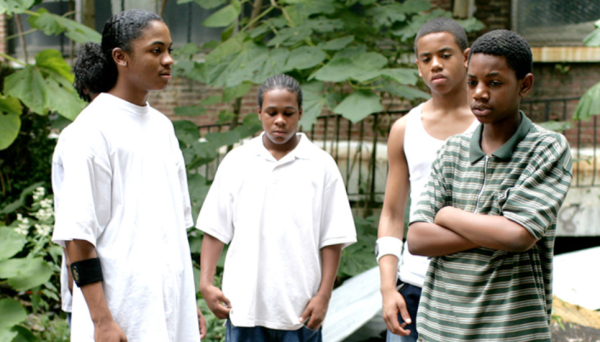
Season 4 is arguably “The Wire,” the best season throughout the series and my favorite season through the series as well. For the boys of summer storyline. A group of kids in the environment in Baltimore. It was not a gang but started as a brotherhood with friends having each other’s back—four important characters: Michael, Namond, Randy, and Dukie. The earlier season showed the current situation four teens were in. Michael lives with a drug-addicted mother, raising his brother. Namond is being pushed into the drug dealing world due to his father Wee Bay’s reputation. Randy’s innocence in the streets is being tested. Dukie lives with people with a substance use disorder and drunks. It wasn’t suitable for all four of them. But what makes it even sadder is the paths all four face throughout the series. In the first episode, you start to catch on to what their characters are about. At first, Michael is seen as a quiet kid who doesn’t say much. Randy is a friendly, outgoing kid in the group but very smart. Namond was the loudmouth in the group who had it good since he was the son of Wee Bay, taking over the drug game under his mother’s wishings. Dukie was just a kid trying to get by in the streets, dealing with his parents having an addiction and doing anything to get a hold of drugs, selling his clothes, and doing anything to get a hold of drugs. But what is sad is what the streets did to the four. Watching towards the end of season 4, things are different. Michael and Namond switched places for their faith. Michael turns to Marlo, Chris, and Snoop after his stepfather comes into the picture, bothering Michael. Even after getting Michael’s stepfather killed, Michael had already proved to the audience and Marlo’s crew that he was built for the life of crime. At the same time, Namond was forced into the streets of drug dealing due to his father’s reputation and his mother forcing him. Namond was able to leave the game due to Wee-bay’s blessings he gave to Bunny.
A former police officer turned teacher who was a guide for Namond. Dukie’s situation was the same, but he grew a bond with Michael until the final season when he and Michael had to split up, and Dukie ended up becoming what his parents were: a drug addict. Randy’s innocence is his downfall when doing a favor for Bodie’s soldier, Little Kevin, by telling a guy named Lex to meet a girl at the park. A simple request turned deadly when Randy led Lex to Chris and Snoop. Both killed Lex because Lex had killed Marlo’s soldier, Fruit. Randy never knew he was the reason Lex died, and because of that, Randy was labeled a snitch. A label that affected Randy for the rest of season 4. Looking back at all of them, each went their separate ways, which is sad because, watching the first episode, all of them are together hanging out being regular kids, but by the end of the season, it was like they were forced to grow up so soon due to the streets. At least Namond got a happy ending, but the writing did a great job of making things unpredictable. In the end, Michael became the next Omar. Dukie became the next Bubbles. Randy became the next Bodie, and Namond changed and became himself.
8. Marlo’s Final Scene
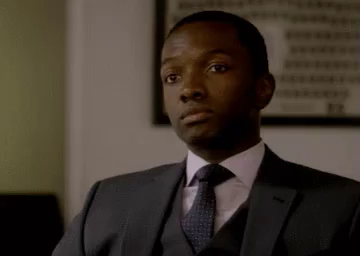
Marlo was introduced as a ruthless, cold-blooded killer who wanted one thing in the streets of Baltimore. That one thing is known. Marlo wanted the people around him to fear him or talk about him. Season 3’s ending montage showed the audience the new era, with the following problem being Marlo and his soldiers, Chris and Snoop. Initially, Marlo had Baltimore in a chokehold due to his difference in power with Avon. Avon had respect in the streets, while Marlo gave fear to those in the streets. Yet Marlo wanted so much energy he went against a powerful character, Omar Little, and tried to get information from a former enemy, Avon. Except talking to many connects for the product.
Even by killing Prop Joe, you see a pattern of what Marlo was about. But Marlo was caught, and half of his crew got locked up. Specifically, Chris was locked up for killing Michael’s father in season 4 and Michael for killing Snoop; Marlo’s best option was to leave the game and become a businessperson. In the show’s final episode, Marlo walks up to two teens on the corner. Omar had been killed before Marlo could get a hold of him, yet the teens still spoke about Omar. Omar was a legend. Marlo walks up to them and says, “You know who I am?” in response, the teens are confused before attempting to attack Marlo but untimely fail. The final scene of Marlo standing in the corner alone with a bullet wound on his arm says a lot. The difference between Marlo and Avon was that Avon will always be remembered as a legend. The same goes for Omar Little. But looking at Marlo, you sense a double-edged sword. He did what many others could not do: beat the game. But even beating the game, he still did not get what he wanted, which was the respect of the streets. Avon, Omar, Stringer Bell, and a few others failed to win on the roads but still benefited from the streets in terms of loyalty. Wee-Bay was a significant piece for a single season, yet it is still remembered. “My name is my name” was a famous quote by Marlo Standfield, yet nobody knew who he was—the irony.
7. Marlo Killing Prop Joe

Season 5 was an all-time high for Marlo. He had tried everything to become the top guy in the streets of Baltimore. Before everything came crashing down, Marlo had set up a meeting with many connects from previous seasons to get the product. It was setting up a meeting with Avon Barksdale. It was simple for Marlo: he wanted to be on top. Being on top meant he had to do what was beneficial for him. That meant killing Prop Joe. Prop Joe was the main piece for products around Baltimore and even outside Baltimore. Marlo thought getting him out of the picture would work for him. It relies on loyalty, and even that gets you hurt. It felt bittersweet because Prop Joe did help out when it mattered most, but at the same time, Prop Joe was a snake. It was a big moment because Prop Joe did not expect what he did to others to happen to him. “I wasn’t made to play the son.” was a sinister line said by Marlo before killing Prop Joe and highlighted how ruthless Marlo was.
6. Death of D’angelo

Season 1 focused on the early era, with Avon and Stringer Bell taking over the drug game. D’angelo was one of the leading members involved with them. Being family, D’angelo was given his crew. Members are Bodie, Poot, and Wallace. Looking at Avon, Bell, and Wee-Bay were built for the game; D’angelo was not built for the game. He was forced into the game by his family, and with the pressure, D’Angelo had no choice but to stay in the game. Tensions got even higher when Stringer Bell made the call to have Bodie and Poot kill his friend Wallace after leaving town and snitching. Wallace was the main reason for getting Omar’s boyfriend to die during the encounters Omar had with Avon’s crew and D’angelo’s crew. Wallace was a good addition to the crew, but being forced into the game at a young age, it was too late for him to leave. Something D’Angelo wanted. When he found out Wallace was killed, he did not want to have any association with his family anymore. Wallace’s death, but because he knew the game wasn’t for him, it led to his arrest in season 1, with Avon and Wee’bay also getting arrested. In season 2, you see D’angelo being more bitter towards Avon and Stringer Bell. Yet even though Avon still cared about him, Stringer Bell did not appreciate the disrespect and ordered D’angelo to be killed. His death caused the fallout between Bell and Barksdale and gave D’angelo’s mother a wake-up call to realize her own family is not good.
5. The End of Avon Barksdale and Stringer Bell
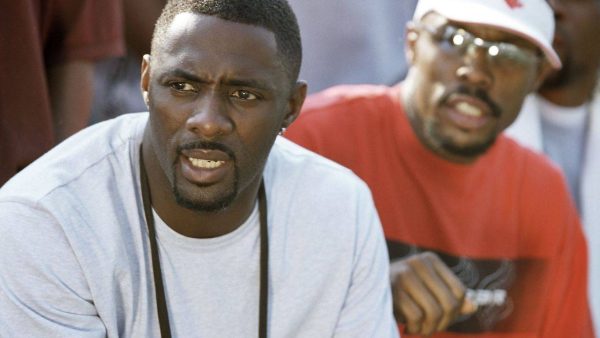
Avon and Bell were inseparable. They worked together on almost everything throughout seasons one and somewhat of season 2. In season 3, when both reunited, things seemed to be back to normal. Yet tensions started building up when Marlo came onto the scene and started waring with Avon and Bell. With Marlo trying to take Avon’s spot, Bell also dealt with Marlo and problems with Omar and Brother Mouzone. Bell had tricked Omar into going after Mouzone. After a misunderstanding, Omar and Mouzone became a team to go after Bell. This show between Avon and Bell was great because their time was coming. Things were changing, and the younger generation was catching up to them to take over. Season 3 saw Avon and Bell’s empire slowly fall apart. The rooftop scene between the two was powerful. Two close friends were reminiscing about the good moments when, in reality, neither realized it was their funeral. Since Bell discovered Avon, he was the reason D’angelo was killed and turned on Avon. Because of this, Avon gave Bell up to Omar and Mouzone. Causing both to kill Stringer Bell. Avon’s downfall came as well when McNulty, Bunk, and the rest of the police force caught Avon just in time before he was going to war with Marlo. If Avon had not been caught, the Marlo era would’ve never started. In the montage scene at the end, Marlo watches Avon in court, and Avon realizes that it’s Marlo with a disappointed face. Disappointed because there is nothing he can do. Marlo took his spot on the throne. Stringer Bell could not do anything to Omar and Mouzone, and since Avon gave him up, with a disappointed face, Bell accepted his faith. It is not a surprise that both were at the top of their game, but slowly, the things both did caught up to them. You either become dead or in jail, and both came to those faiths. It shows what power does to you.
4. Bubbles Speech
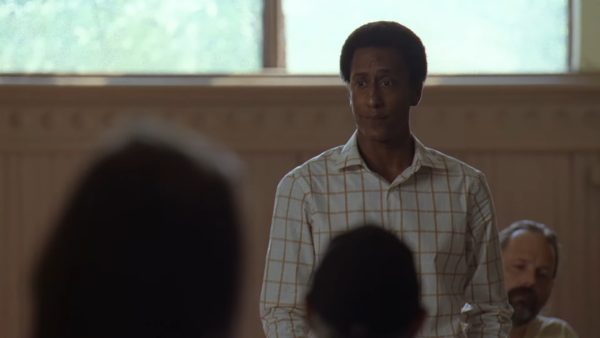
Bubbles was one of “The Wires” saddest written characters who got a chance to get a second chance in life. Throughout the series, he is a person with an addiction who has no stability around him. No help. Every season felt like a challenge until Season 4 when he took a kid named Sherrod under his wing. Sherrod also had an addiction but was a kid, which made things sadder—been in the streets since season 3. By season 4, even though Bubbles struggled, he still tried to help Sherrod get on the right path. But Sherrod did not want that for himself and accidentally overdosed on drugs. Bubbles found out he went to the cops to explain it, but with so much emotion, he attempted to kill himself. Bubbles was a mess, but the world being cruel to him throughout the years, he almost gave up. But he later realized that Sherrod dying in his arms gave him a wake-up call to become clean. Season 5 is one year later, and Bubbles becomes sober. In the heartfelt speech, you can see how much he worked to stay clean, which shows the show has good moments for the characters but keeps it realistic at the same time.
3. Bunk and Omar’s Disagreement
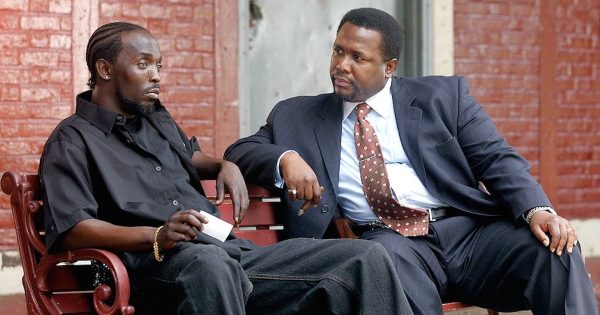
Omar Little is “The Wire’s most impactful character in the show. Omar does not do drugs or sell drugs. He is simply a stickup dude who robs drug dealers. Yet his reputation made Omar Little a legend in Baltimore. What made him a legend was the code he held onto. He never robbed or killed kids. He did things when necessary. Yet, at the same time, what Omar did was not good, which Bunk never respected. Like McNulty and Bodie, Bunk and Omar respected each other but disagreed. During season 3, Omar attempted a robbery that went wrong, causing one of his associates to die in the crossfire. When Ploce went to investigate it, Bunk saw a bunch of kids trying to pretend to act like Omar. When Bunk and Omar conversed, it turned bitter when Bunk grew frustrated with Omar. We, as the audience, see Omar as an anti-hero, stopping drug dealers from causing harm when, in reality, Omar is, of course, causing damage. Robbing drug dealers will cause more problems, and in general, the mentality you have in that world will make things worse. That is why the scene was so intense: Omar was silent, accepting his wrong. End of the day, you cannot believe yourself to be a good person when bodies are lying around. End of the day, Omar’s morals are wrong; the same goes for the dealers and, in general, the corrupts in Baltimore. Bunk still respects Omar nonetheless, but Omar has to understand what he is doing is also wrong. It was always bittersweet when cops respected criminals because even though they felt it was understandable, cops still needed to stop them.
2. D’angelo explains “Chess”
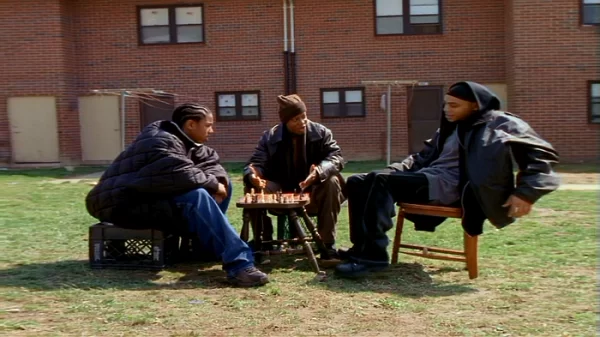
Season 1’s best scene is when D’angelo explains chess to his crew. It is a simple game that represents the show as a whole. Many characters in the show tried to move up to be on top yet struggled or were taken out of the game in the process. Examples can be Bodie, Poot, and Wallace being ponds of the game. For example, Wallace and Bodie died in a pond. Poot got out of the game and became a regular person working a regular job. Avon and Bell were kings in the Barksdale organization who were removed from the game. Michael was a pond that decided he did not want to become one anymore. Slim Charles was the only one who represented a chess game since he started as a pond and became the king at the end of the series—waiting for the right moments, not stepping in line or doing anything risky. He waited until it was right to become king. Everybody in the game starts small, but it’s what happens when you want to push forward. The entire show revolves around a chess game, representing excellent writing in the series.
1. Omar’s Death
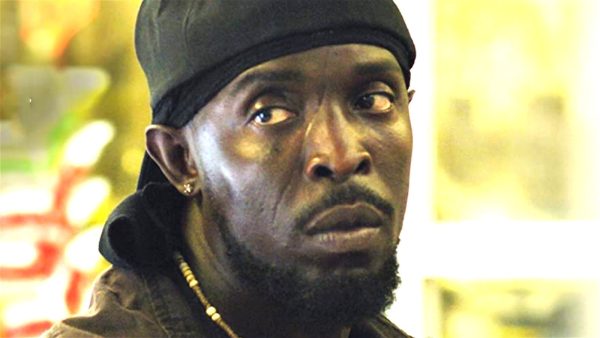
The end of season 4 was pretty much the end of Omar. A successful robbery planned throughout the entire season, and a promise to Bunk that no more bodies would happen were the successes of Omar in the season. Omar stood by that statement for the first time, did not kill anyone, and successfully finished his plan. Yet his retirement was short-lived after Marlo’s most extensive plan was to remove Omar. Marlo knew killing Omar would bring a rep to his name. So, to get Omar out of retirement. Marlo sent Chris and Snoop to kill Omar’s closet person, which was Butchie. Butchie’s death got Omar out of retirement, and they went to war with Marlo’s crew. Omar was so bent on revenge that he did not realize how many people wanted him dead. Omar going to the store to buy something should have been something simple when Kenard, a kid pretending to be Omar in a game of charades in season 3, shot Omar in the head. Kenard was in the Boys of Summer era, working for Namond on the corners before working for Michael’s crew under Marlo. Omar’s code was not killing kids since he never saw kids as threats. The irony is that a kid killed him. It shows that nobody is invincible since everybody bleeds the same—the show’s most significant moment because everybody’s favorite character is Omar Little. Seeing him dead shocked many fans, including myself. Yet it showed how realistic the show was.



